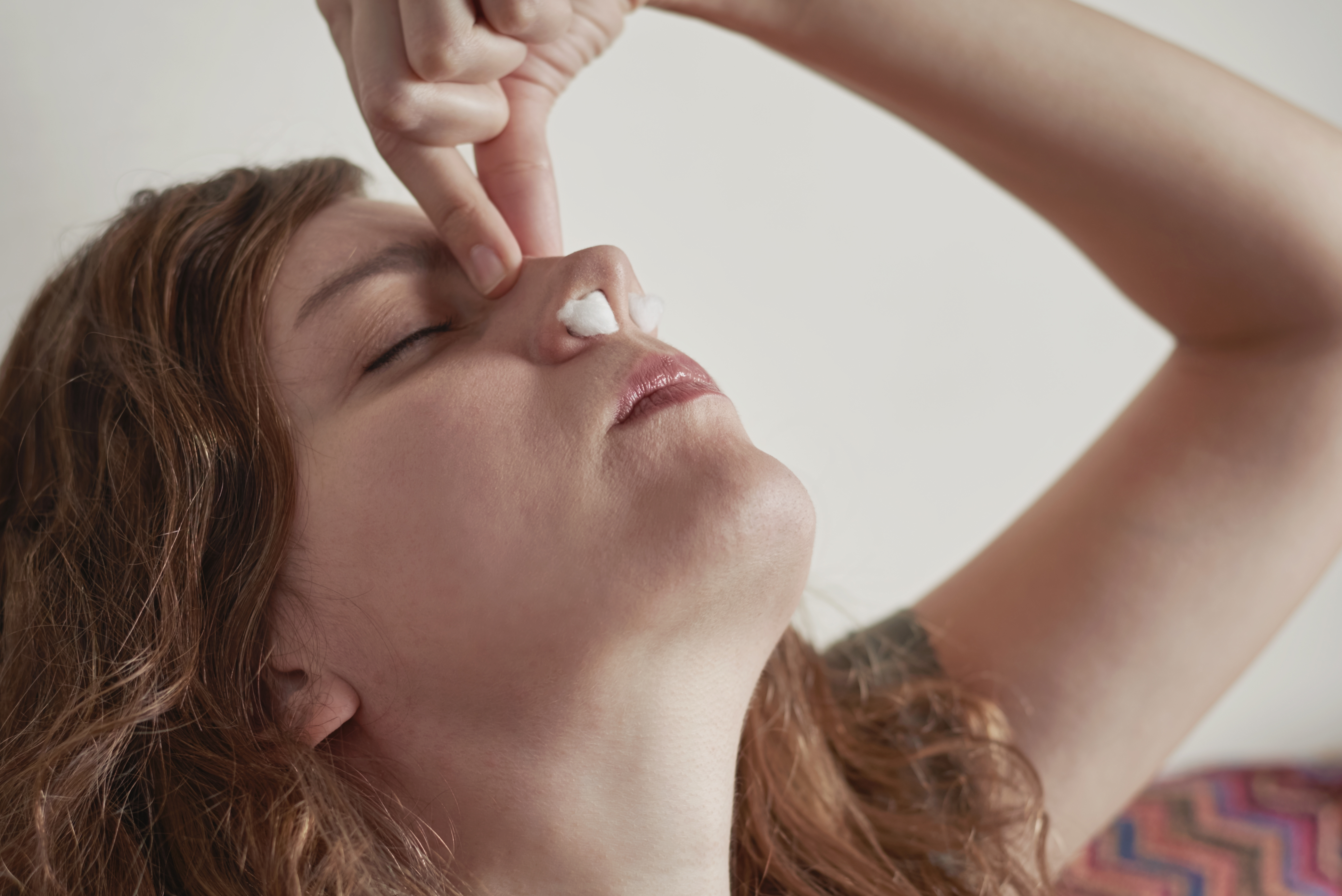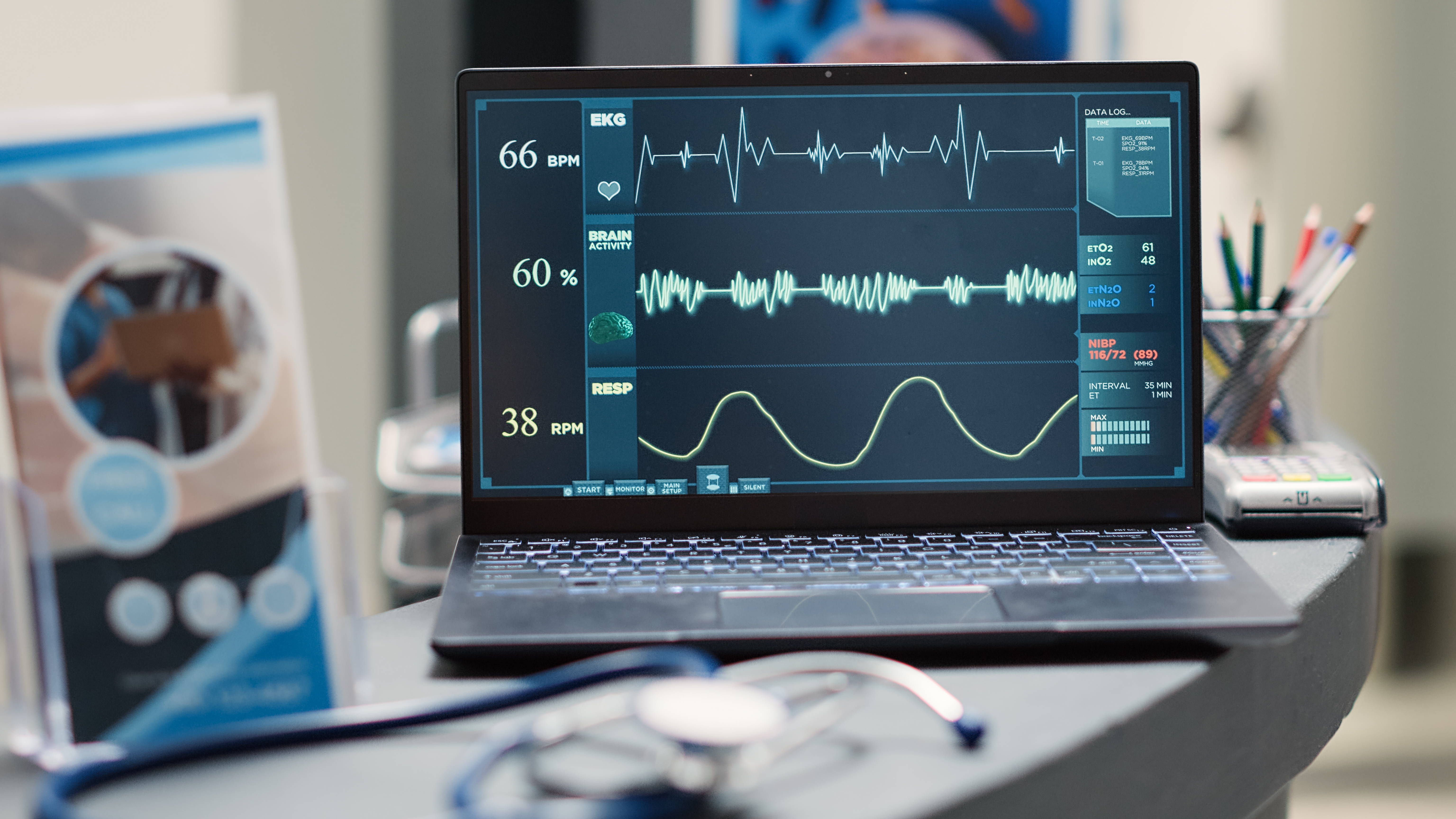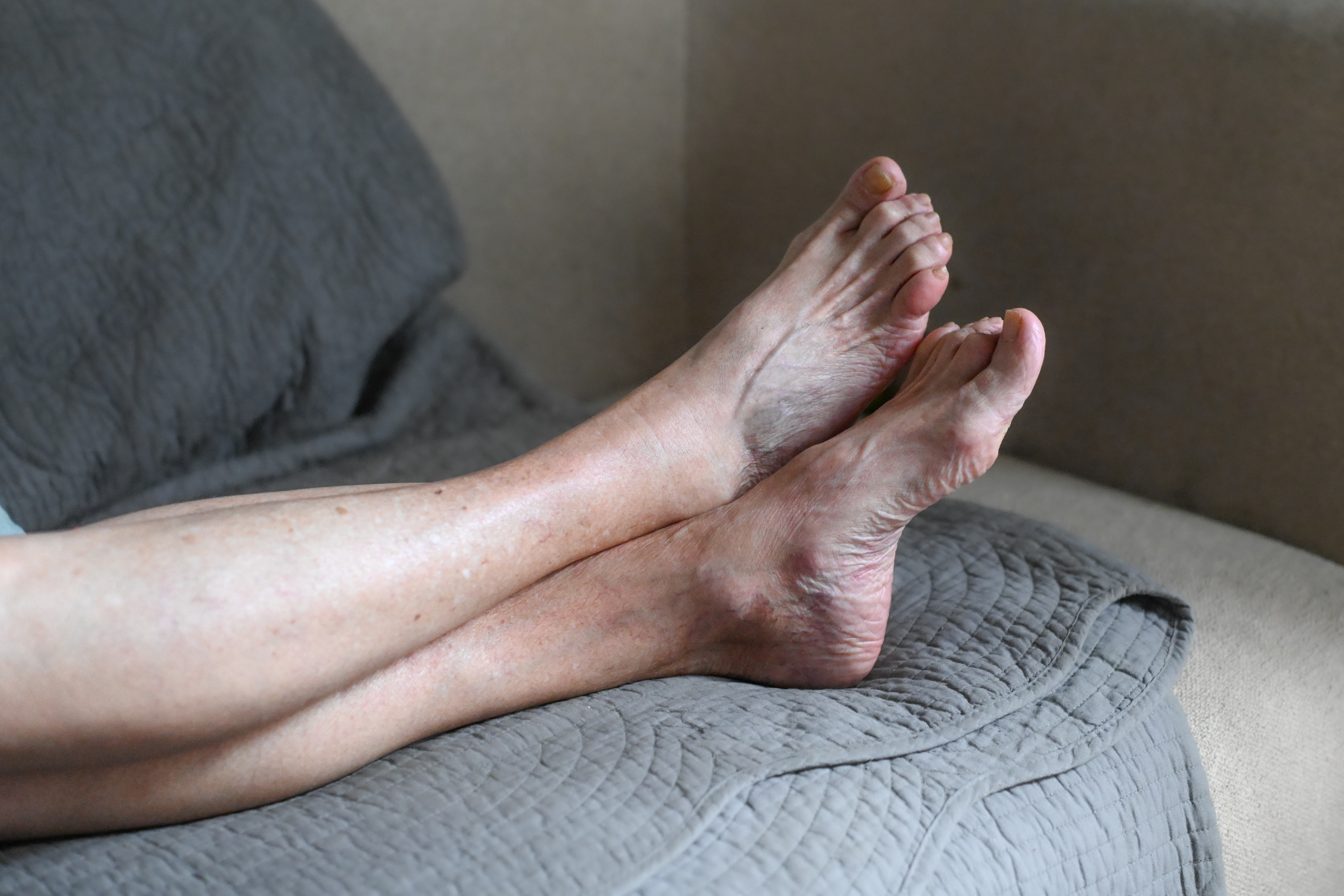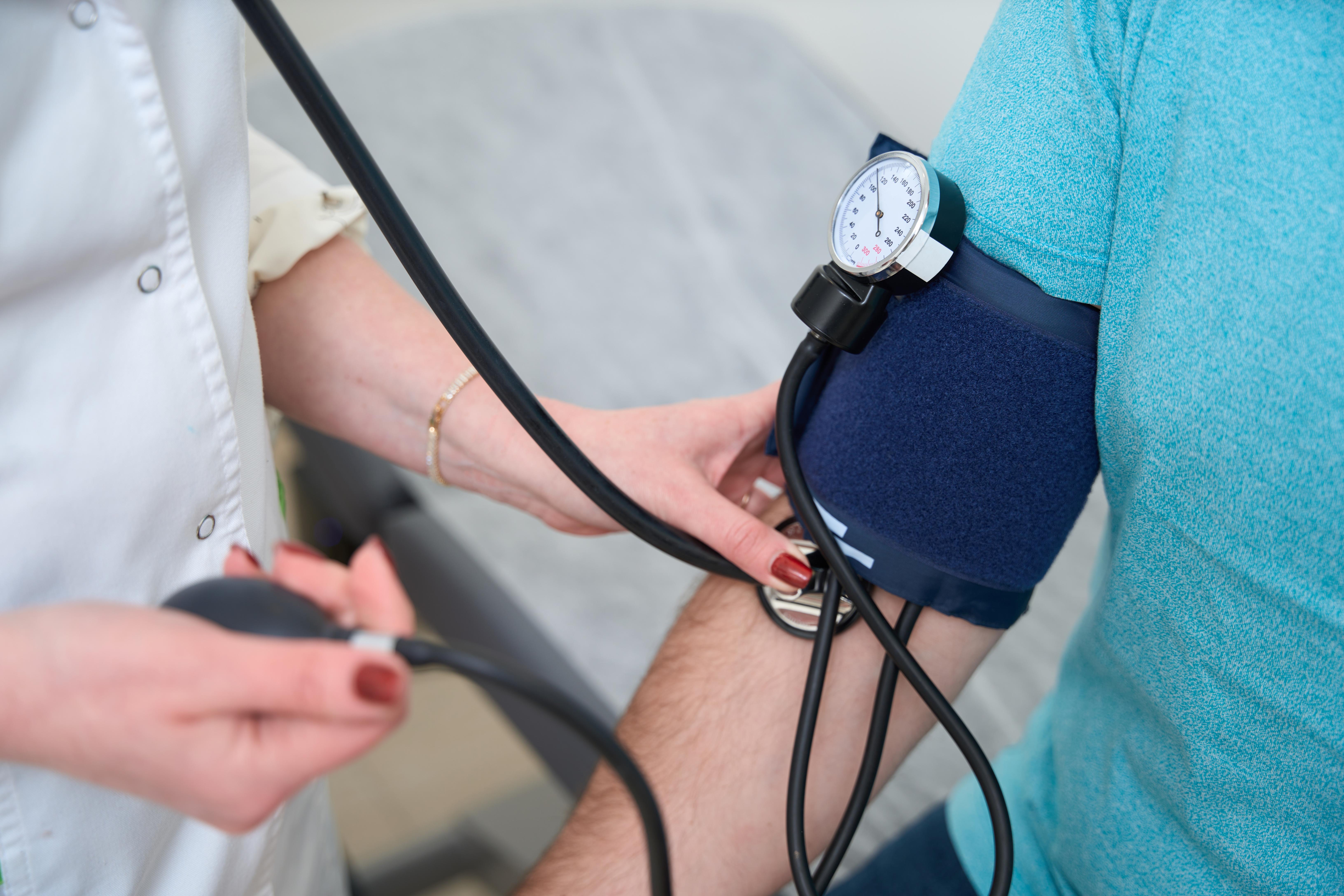Blood Pressure Red Flags: Strange Symptoms and What to Do About Them
Our bodies are intricate networks that communicate in whispers rather than shouts. Among these whispers, tingly toes and sudden headaches can be subtle yet significant indicators of our blood pressure status. Blood pressure, the force of blood against artery walls, is a crucial health metric. Yet, its symptoms often go unnoticed until they manifest as serious health issues. This article delves into 11 curious signs your body might be using to signal blood pressure variations. By understanding these signs and taking wise steps, we can better manage our health and prevent complications before they arise.
1. Tingly Toes: The Nerve's Way of Speaking

Tingling in the toes, often perceived as a minor annoyance, can be an early sign of peripheral neuropathy, sometimes linked to high blood pressure. This condition occurs when high blood pressure damages the small blood vessels that supply nerves, leading to tingling sensations or numbness. It’s crucial to monitor these sensations, especially if persistent, as they may indicate compromised blood flow or nerve function. Regular foot care and monitoring blood pressure can help manage these symptoms. Paying attention to such seemingly minor signs can prevent more severe complications like nerve damage or even amputation in extreme cases.
2. Sudden Headaches: The Pressure Alarm

Sudden headaches can be alarming and might whisper secrets about your blood pressure. While headaches are common, those associated with high blood pressure are often more intense and pulsating, typically occurring in the morning. This happens because blood pressure naturally spikes in the early hours, placing additional strain on blood vessels in the brain. If these headaches become frequent, it’s wise to consult a healthcare provider. Managing stress, maintaining a healthy diet, and regular exercise can help keep blood pressure in check, reducing the frequency and severity of these headaches.
3. Nosebleeds: The Red Alert

Nosebleeds, though often benign, can sometimes indicate elevated blood pressure. High blood pressure can cause the tiny blood vessels in the nose to burst, leading to spontaneous bleeding. While not everyone with high blood pressure experiences nosebleeds, frequent occurrences should not be ignored. It’s essential to track these incidents and consult a healthcare professional if they become regular. Managing blood pressure through lifestyle changes and medication, if necessary, can help prevent nosebleeds and protect overall vascular health.
4. Blurred Vision: The Eye's Silent Cry

Blurred vision can be a silent cry from your eyes about high blood pressure. Hypertension can damage the blood vessels in the retina, leading to conditions like hypertensive retinopathy. Symptoms include blurred vision, double vision, or even sudden loss of vision. Regular eye exams are crucial for detecting these changes early. Managing blood pressure can prevent further damage and preserve vision. Incorporating a diet rich in fruits, vegetables, and omega-3 fatty acids, along with regular exercise, can support both eye and cardiovascular health.
5. Chest Pains: The Heart's Warning

Chest pains, often dismissed as indigestion or stress, can be a warning sign of high blood pressure. Hypertension forces the heart to work harder, which can lead to chest pain or angina. This pain is typically felt as a squeezing sensation in the chest and may radiate to the arms, neck, or jaw. If chest pain occurs frequently, it’s crucial to seek medical attention immediately, as it could indicate a serious condition like heart disease. Regular monitoring and managing blood pressure through lifestyle changes and medication can help alleviate these symptoms and protect heart health.
6. Fatigue: The Energy Drain

Fatigue can be an overlooked symptom of high blood pressure. When blood pressure is elevated, the heart must work harder to pump blood, which can lead to fatigue and a general feeling of being unwell. This constant strain on the cardiovascular system can deplete energy levels, making daily activities feel exhausting. To combat fatigue, it’s important to maintain a balanced diet, engage in regular physical activity, and ensure adequate rest. These steps can help manage blood pressure and improve overall energy levels, making everyday tasks more manageable.
7. Dizziness: The Balancing Act

Dizziness or lightheadedness can be unsettling and may indicate fluctuating blood pressure levels. While occasional dizziness is common, persistent episodes should be evaluated. High blood pressure can affect the blood flow to the brain, leading to dizziness. It’s important to monitor these symptoms and seek medical advice if they worsen. Staying hydrated, avoiding sudden movements, and monitoring blood pressure regularly can help manage dizziness. Understanding this connection can prevent falls and other complications associated with balance issues.
8. Shortness of Breath: The Respiratory Signal

Shortness of breath can be a respiratory signal of high blood pressure. When the heart struggles to pump blood effectively, fluid can accumulate in the lungs, leading to difficulty breathing. This symptom can be particularly alarming when experienced during rest or minimal exertion. It’s vital to address shortness of breath promptly, as it may indicate serious cardiovascular issues. Engaging in cardiovascular exercises, maintaining a healthy weight, and managing stress can improve heart function and alleviate respiratory symptoms associated with high blood pressure.
9. Irregular Heartbeat: The Rhythm Disruption

An irregular heartbeat, or arrhythmia, can be a sign of high blood pressure. Hypertension can cause the heart’s electrical system to malfunction, leading to an irregular rhythm. This disruption can manifest as palpitations, a racing heart, or skipped beats. If these symptoms occur frequently, it’s important to consult a healthcare provider. Regular monitoring and managing blood pressure can help maintain a steady heartbeat. Incorporating relaxation techniques, such as yoga or meditation, can also support heart health and promote a regular rhythm.
10. Swollen Ankles: The Fluid Retention Clue

Swollen ankles can be a clue that your body is retaining fluid due to high blood pressure. Hypertension can lead to heart failure, where the heart is unable to pump blood efficiently, causing fluid to accumulate in the legs and ankles. This swelling, known as edema, can be uncomfortable and may indicate underlying cardiovascular issues. Elevating the legs, reducing salt intake, and wearing compression stockings can help manage swelling. It’s crucial to address this symptom early to prevent further complications and improve overall cardiovascular health.
11. Ringing Ears: The Auditory Alert

Ringing in the ears, or tinnitus, can be an auditory alert of high blood pressure. Elevated blood pressure can affect the blood vessels in the ear, leading to this persistent sound. While tinnitus can have various causes, it’s important to consider blood pressure as a potential factor, especially if accompanied by other symptoms. Managing stress, avoiding loud noises, and monitoring blood pressure can help alleviate tinnitus. Understanding this connection can improve auditory health and enhance overall well-being.
Listening to Your Body's Whispers

The body communicates in whispers, and it’s crucial to listen closely. Tingly toes, sudden headaches, and other symptoms can be subtle signs of blood pressure issues. By recognizing these signals and taking proactive steps, such as lifestyle changes and regular medical check-ups, we can manage blood pressure effectively. This awareness not only prevents potential health complications but also promotes a healthier, more balanced life. As we learn to interpret our body’s whispers, we empower ourselves to make informed health decisions and maintain optimal well-being.
